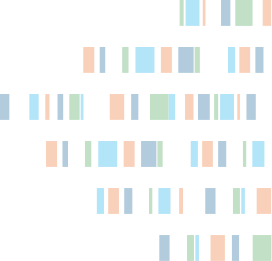Cell-free gene expression systems are emerging as an important platform for a diverse range of synthetic biology and biotechnology applications, including production of robust field-ready biosensors. Here, we combine programmed cellular autolysis with a freeze–thaw or freeze-dry cycle to create a practical, reproducible, and a labor- and cost-effective approach for rapid production of bacterial lysates for cell-free gene expression. Using this method, robust and highly active bacterial cell lysates can be produced without specialized equipment at a wide range of scales, making cell-free gene expression easily and broadly accessible. Moreover, live autolysis strain can be freeze-dried directly and subsequently lysed upon rehydration to produce active lysate. We demonstrate the utility of autolysates for synthetic biology by regulating protein production and degradation, implementing quorum sensing, and showing quantitative protection of linear DNA templates by GamS protein. To allow versatile and sensitive β-galactosidase (LacZ) based readout we produce autolysates with no detectable background LacZ activity and use them to produce sensitive mercury(II) biosensors with LacZ-mediated colorimetric and fluorescent outputs. The autolysis approach can facilitate wider adoption of cell-free technology for cell-free gene expression as well as other synthetic biology and biotechnology applications, such as metabolic engineering, natural product biosynthesis, or proteomics.

Home » Rapid and Scalable Preparation of Bacterial Lysates for Cell-Free Gene Expression
Publications
Rapid and Scalable Preparation of Bacterial Lysates for Cell-Free Gene Expression
myTXTL
Daicel Arbor Biosciences
5840 Interface Dr. Suite 101,
Ann Arbor, MI 48103
1.734.998.0751Ann Arbor, MI 48103
©2024 Biodiscovery LLC
(d/b/a Daicel Arbor Biosciences)
All Rights Reserved.
(d/b/a Daicel Arbor Biosciences)
All Rights Reserved.
Design and development by Raincastle Communications.
